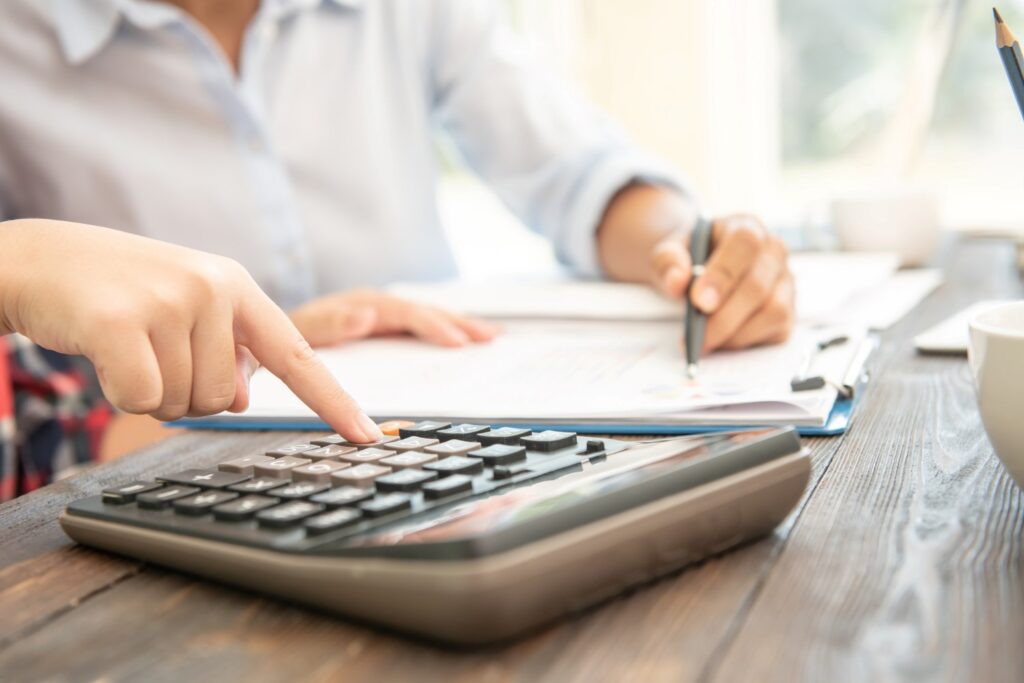Value added tax (VAT) is one of the key fiscal mechanisms that brings significant revenues to the state budget. In the UK, VAT plays a vital role in financing public services and infrastructure. Understanding how VAT works in the UK and what the VAT rate is in the UK is crucial for both consumers and entrepreneurs.
Basic UK VAT rate
Do you wonder how much is vat in UK? Well, the current standard VAT rate in the UK is 20%. This is the rate that covers most goods and services sold in the country. Entrepreneurs are obliged to calculate this rate when selling their products or providing services, and then pay it to the tax office. The standard VAT rate is the basic pillar of the tax system, influencing the final price of most consumer goods.
Reduced VAT rate
In addition to the standard rate, there is also a reduced VAT rate of 5%. This preferential rate is applied to selected categories of goods and services, aiming to reduce the tax burden in key areas. The reduced rate applies to, among other things, certain health products, fuel, heating and child car seats. This makes these essential products and services more accessible to a wide range of consumers, which has a positive impact on their everyday lives.Zerowa stawka VAT
There is also a category of zero-rated goods and services in the UK tax system. Zero-rated products and services include most food, books and children’s clothing. Although the VAT rate in this case is 0%, sellers are still required to report sales of these products on their VAT refund forms. This is important because it helps the government monitor and control the trade in these goods, even though they do not generate direct tax revenue.
Temporary VAT reduction in response to the Covid-19 pandemic
As a result of the Covid-19 pandemic and its subsequent impact on the hospitality and tourism industry, the UK Government has introduced a temporary reduction in the VAT rate for businesses in these sectors. To help the industry continue to operate, the standard VAT rate of 20% has been reduced to 5% for hotel and tourism businesses. This reduction was valid from July 15, 2020 to March 31, 2021. The aim of this temporary relief was to support businesses during a difficult period and to encourage consumers to use tourism and hotel services, which was intended to help revive the economy.
The importance of VAT for the economy
VAT in the UK is one of the main sources of budget revenues. Its importance for the economy is enormous because it affects almost every commercial transaction. The introduction of various VAT rates, including reduced and zero, allows the government to flexibly manage tax policy, support specific sectors and alleviate the tax burden on consumers. Entrepreneurs must be aware of applicable VAT rates in order to conduct their business correctly and avoid potential problems with tax authorities.
VAT challenges
Despite many benefits, the VAT system in the UK also brings challenges. Entrepreneurs must regularly report their income and accrued VAT, which requires thoroughness and good organization. Additionally, changes to VAT rates, such as those introduced in response to the Covid-19 pandemic, may require rapid adjustments to accounting systems and operational procedures. The introduction of new tax regulations and interpretations may also pose a challenge, especially for small and medium-sized enterprises, which may not have adequate resources to effectively manage these changes.







